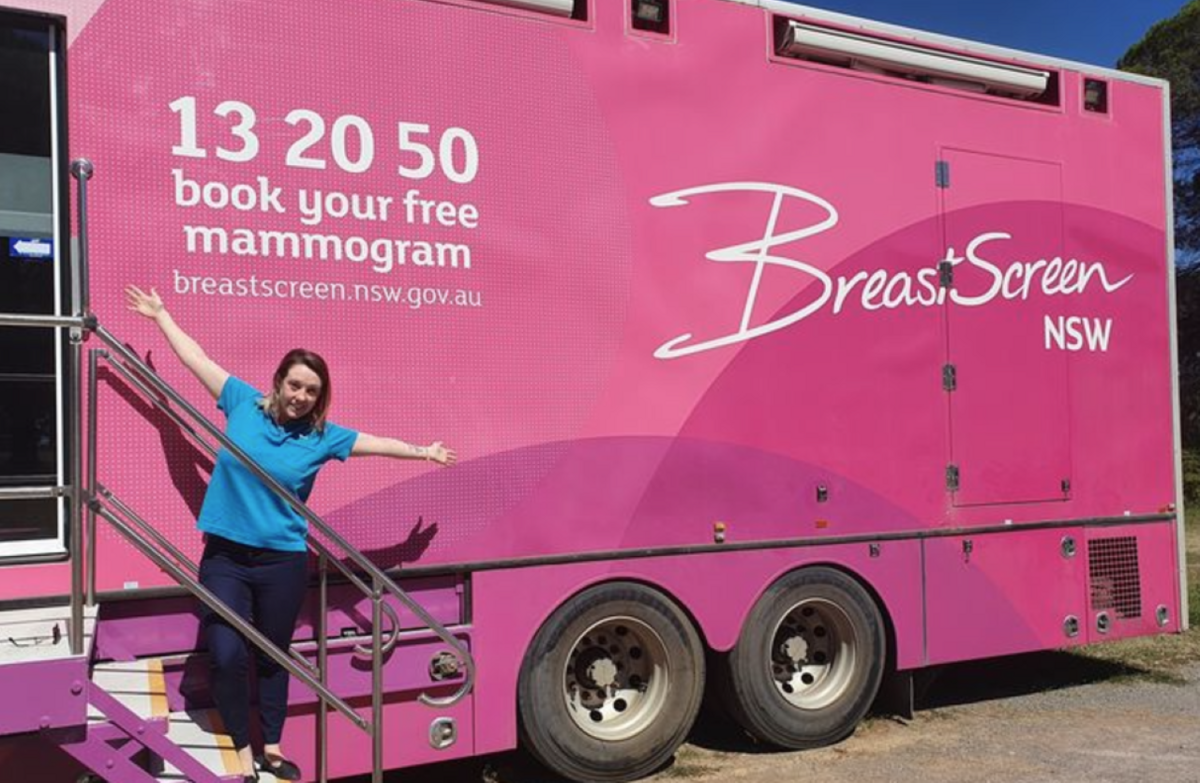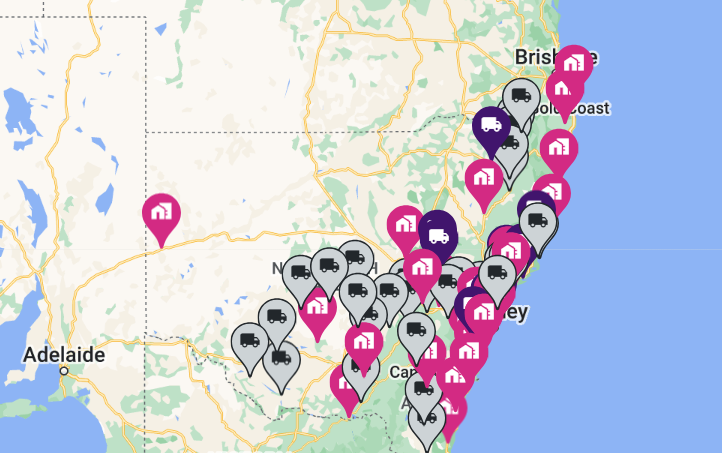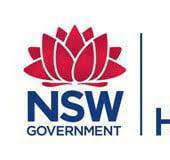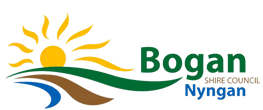New double check for breast screens
Kristin Murdock
07 December 2024, 8:30 PM

Women across the Western Plains now have access to new technology which helps in the detection of breast cancer.
A recent innovation by BreastScreen NSW serves to literally double check mammograms by using machine-reading technology in addition to the checks that radiologists already make on scans.
BreastScreen NSW conducted a world-first study to thoroughly evaluate the new technology, which was rolled out under the guidance of radiologists.
The technology's accuracy and effectiveness were shown to be equal to the current screening program, without sacrificing cancer detection rates.
According to NSW Health Minister Ryan Park, the new innovation is helpful in guaranteeing the continuity of the vital Breastscreen program while also tackling the global shortage of radiology professionals.
“Planning for the needs of our growing population is critical,” he said.
“Reducing the devastating impact of breast cancer on women remains a priority, and I’d like to thank the BreastScreen NSW team for their world-leading work.”
A spokesperson for Mr Park told Western Plains App that patients accessing the mobile Breastscreen vans throughout the west would not notice any difference.

The location of current and upcoming Breastscreen vans can be found online.
“The exam is performed as normal, but the scans are sent to a centralised location for the machine reading will occur."
This past October saw record bookings for breast screening, underscoring the community’s recognition of the program’s importance in early detection of breast cancer.
Breast screening is recommended every two years for women between the ages of 50 and 74, as it's the most effective way to find breast cancer early, often before it's noticeable.
Women in their 40s and those over 75 are encouraged to participate but should check with their doctor first.
Screening is suggested for Aboriginal and Torres Strait Islander women starting at age 40.
BreastScreen vans visit Western Plains locations on a regular basis and are advertised heavily in local areas.
Detecting breast cancer in its early stages can dramatically improve survival chances and lessen the need for aggressive surgeries like mastectomies.
If a woman detects changes in her breasts, for instance, lumps, she should seek medical attention without hesitation.
Appointments are available at BreastScreen NSW clinics and mobile vans.
To book an appointment, call 13 20 50 or visit www.breastscreen.nsw.gov.au.
Upcoming screening locations can be found here.



